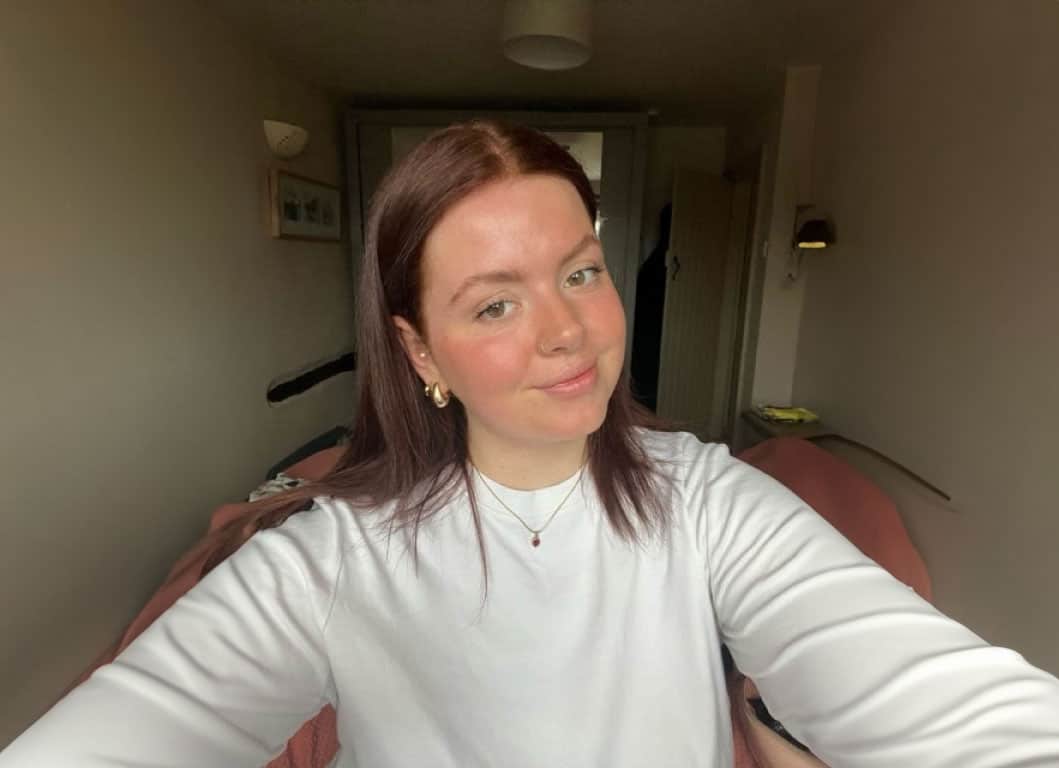
In recognition of International Women’s Day, Life throws the spotlight on women working in exciting STEM jobs in the North East. We caught up with Sophie Gray, a Lab Technician in the School of Medicine in Anatomy and Clinical Skills at Newcastle University.
I first became interested in science at school, particularly Biology – genetics fascinated me, discovering how I had inherited my parents’ traits and characteristics.
As a child, I remember watching Nina and the Neurons on CBBC and loved seeing scientific concepts being applied to real-world scenarios.
At school I did feel certain science subjects, such as Chemistry, Physics and maths were more for boys. I remember being told ‘boys are just better at mathematical-based subjects!’ – when really it has nothing to do with gender.
Biology was more equal in terms of gender, but then was often referred to as the ‘easy’ science – not true!
I think this is something that is changing, especially with a lot of the diversity conversations happening across higher education and the working world. Both my degree and my workplace have a pretty equal number of men and women, and in some areas, it is mostly women. I think it’s important to recognise that stereotypes are just ideas, and that somebody’s potential in science and elsewhere is nothing to do with their gender.
A lot of my science teachers were female which I think inspired me as it showed that women are just as capable of achieving great things in science – whether that be teaching, a PHD, research or more.
I studied Biochemistry at university and I did find it challenging – as someone with ADHD, I found it hard to motivate myself and stay focussed, but I was lucky to have the support of an amazing group of friends on my course and I got involved in societies too.
In my role at Newcastle University, I work with human specimens (cadavers) of people who have donated their bodies to medical science. My job mainly consists of setting up for practicals, keeping the lab up to a high standard for teaching sessions, and organising the specimens and donors when they come in.
Every day is different which is nice as I am somebody who gets bored easily – I get to speak to a whole range of people every day from surgeons to students and everyone has a different perspective and way of working due to their experiences.
My dream job would be working for a charity and advising politicians on how policies need to be updated. This might be working for a cancer charity, explaining the findings of scientists and showing politicians how they should update the current policies so the public can receive the best and most recent method of treatment.
Women can do anything, no matter what society tells us – we need to continue to raise the profile of the women who are doing amazing work in science. Incredible steps have been taken to reduce the disparity in gender in recent years but there is still a long way to go!
